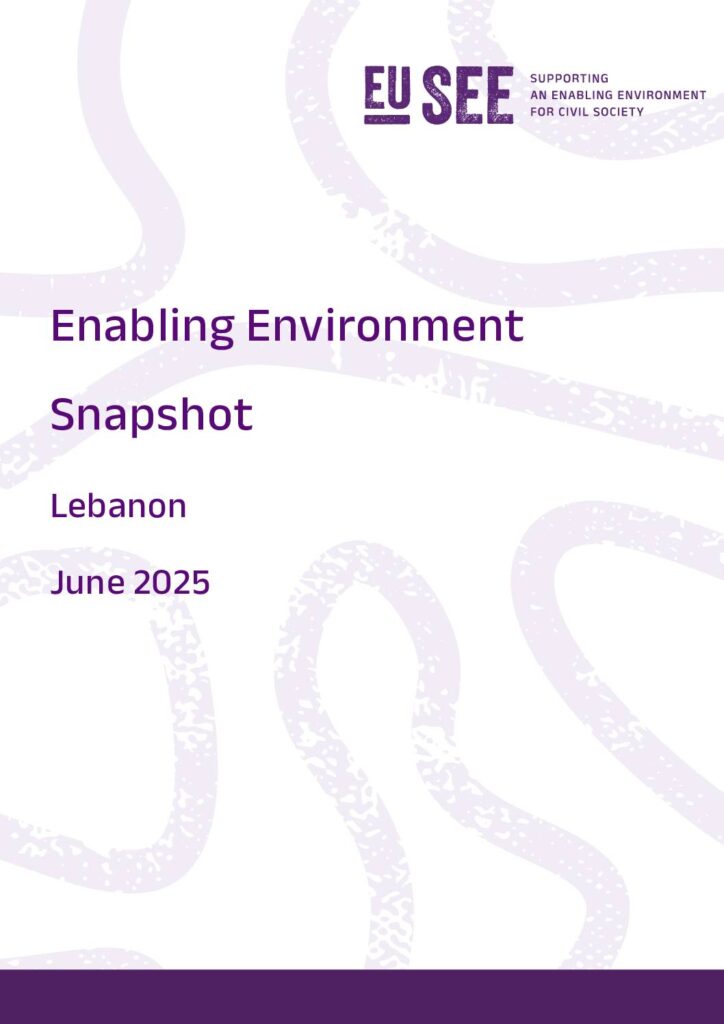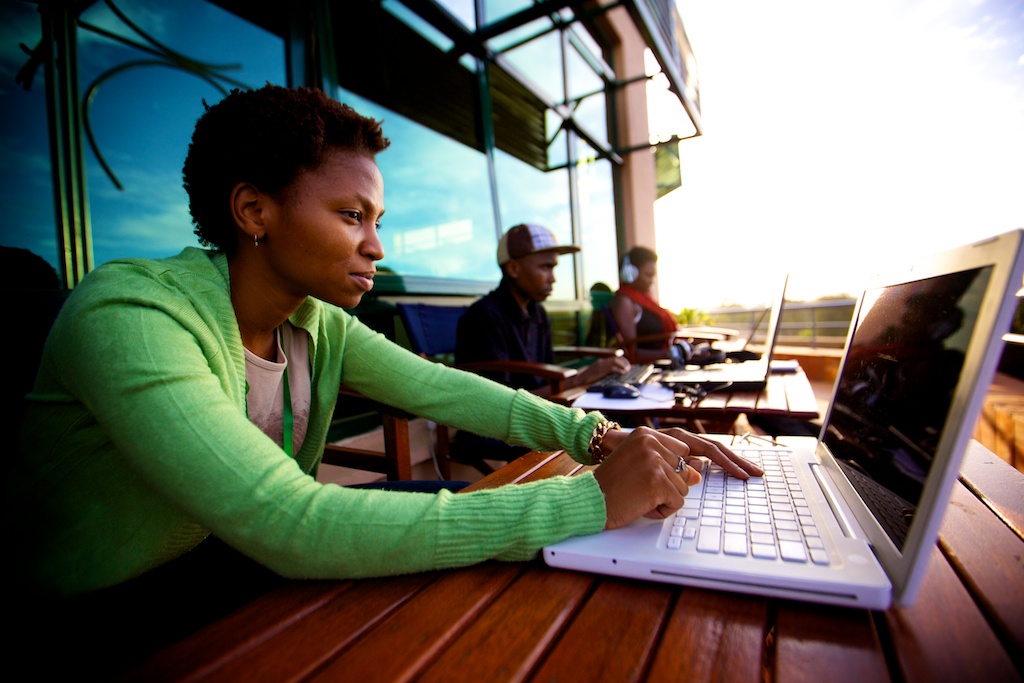Article 13 of Lebanon’s Constitution guarantees fundamental civic freedoms of expression, assembly and association. Though they remain formally intact, they are unevenly applied, with recent cases indicating a worrying negative trend. The Draft Media legislation, under review since 2023, threatens to criminalise online speech, while the Draft Law on Foreign Associations (submitted in May 2024) would tighten restrictions through undefined compliance criteria and asset confiscation provisions. Meanwhile the 2017 Access to Information Law is still poorly implemented to enhance transparency and enable citizen participation.
Civil society actors also face financial challenges, with the USAID funding freeze in January 2025 that suspended US$72 million in aid revealing major vulnerabilities in CSO operations and funding stability. In response, domestic solidarity networks have filled humanitarian gaps and now leverage new political openings after the January 2025 election of President Joseph Aoun and Prime Minister Nawaf Salam. Internet penetration stands at 91,6 %, but pervasive surveillance and cyber‑harassment, particularly against women, is shrinking digital space.
Following the May 2025 municipal elections and ahead of Lebanon’s 2026 parliamentary elections and 4th UPR (2026 cycle), civil society sees twin opportunities: embed transparency reforms promised by the new cabinet, and steer human‑rights recommendations on expression, digital rights, and participation. Realising these gains will require diversified funding, legal safeguards, and sustained advocacy during reconstruction.

